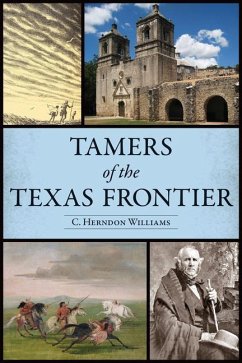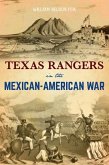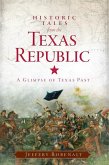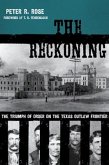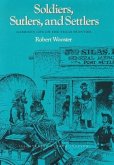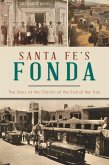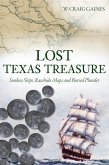In the 1820s, Texas was a wilderness. Settlers thought it was uninhabited although rich with wild game. But many Native American tribes lived in Texas and were at war with the Spanish in Mexico. Mexico ignored Texas and did not try to inhabit this wilderness. Finally, in the late 1820s and early 1830s Stephen F. Austin was allowed to bring in three hundred Anglo settlers and Texas began to be civilized. But to start there was only one town, no roads, no bridges, no planted fields. Texas was starting from ground zero but started fast. They tamed the wilderness and fought the Indians. They got their independence from Mexico and became a Republic, soon a U S state. They established a stable government similar to the one in the US and developed the infrastructure for business and international commerce. In less than eighty years Texas had tamed the wild frontier and became a modern state in the United States. C. Herndon Williams has found forty-two stories that chart this progress.

